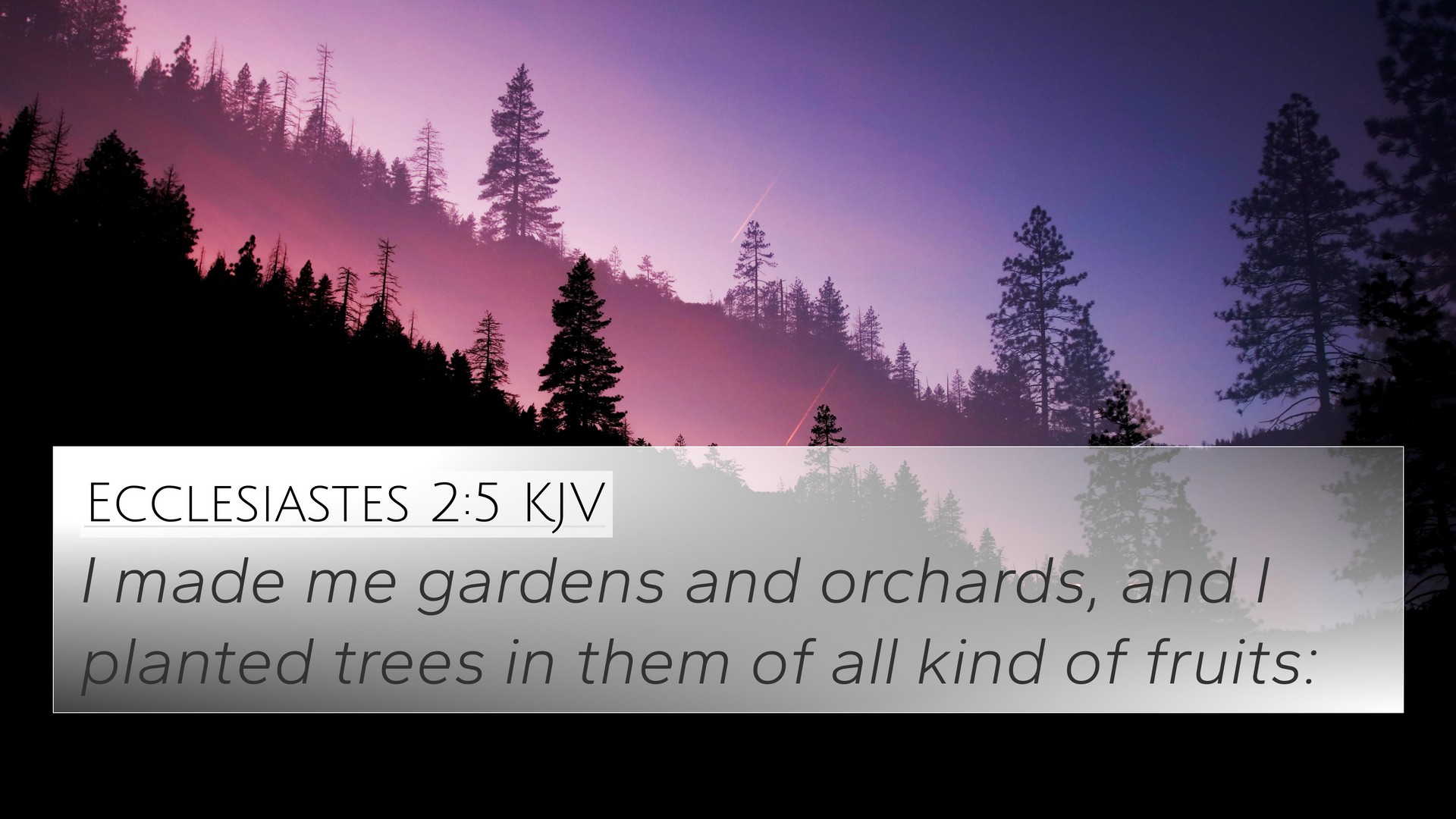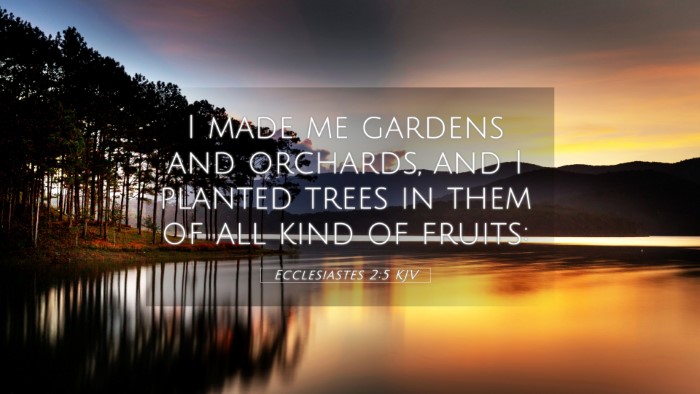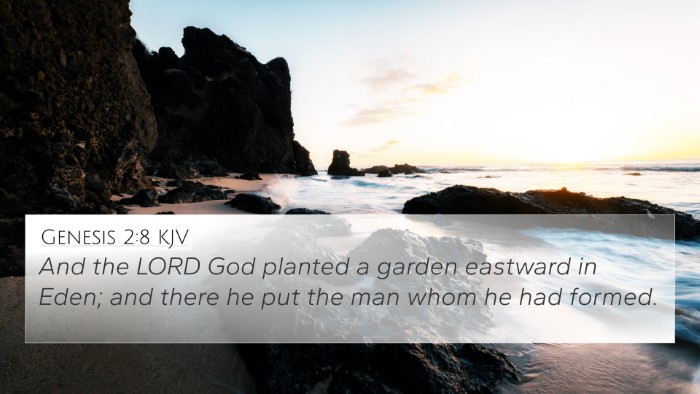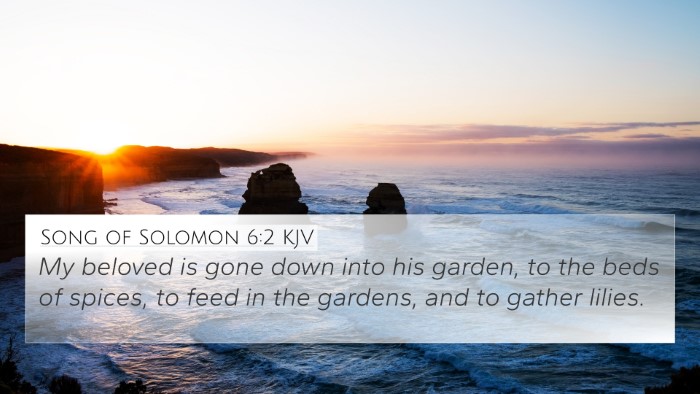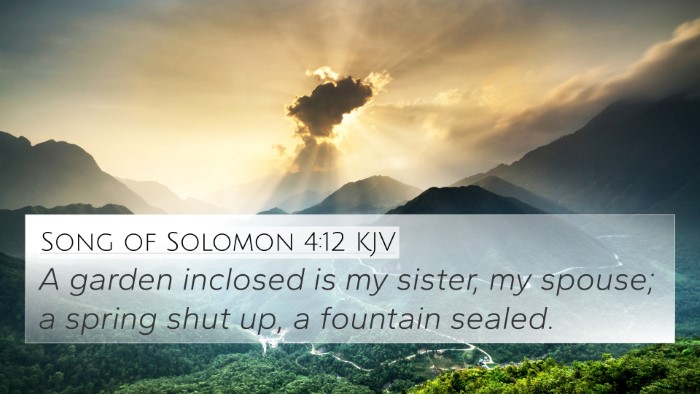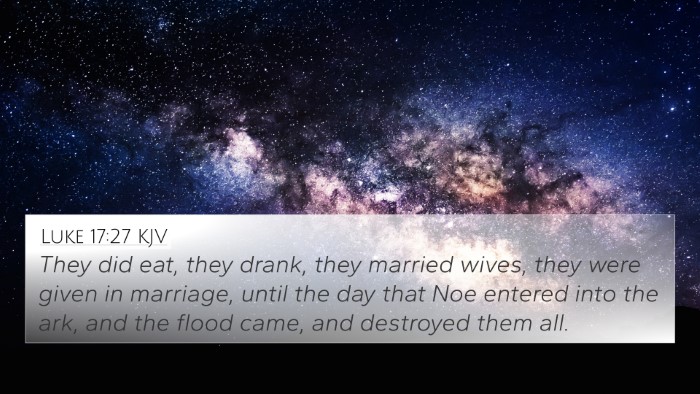Understanding Ecclesiastes 2:5
Ecclesiastes 2:5 states, "I made me gardens and orchards, and I planted trees in them of all kind of fruits." This verse reflects the author's exploration of pleasure and fulfillment through various creative endeavors.
Below is an interpretation and summary of the verse using insights from renowned public domain commentaries, including those of Matthew Henry, Albert Barnes, and Adam Clarke.
Commentary Insights
Matthew Henry’s Commentary
Henry emphasizes the pursuit of pleasure, noting that the author sought enjoyment through the cultivation of gardens and orchards. This act symbolizes creativity and the human desire to manipulate and improve the environment for personal satisfaction. Henry suggests that the act of planting trees represents a broader theme of forming connections with the earth and finding joy through tangible accomplishments.
Albert Barnes’ Commentary
Barnes elaborates on the results of labor and the transient nature of enjoyment. While he acknowledges that such endeavors may lead to temporary satisfaction, he draws attention to the eventual realization of life's vanity. This verse serves as a reminder that, despite our efforts to create beauty and pleasure, earthly pursuits may ultimately leave us unfulfilled.
Adam Clarke’s Commentary
Clarke interprets the metaphor of gardens as representative of both personal and spiritual cultivation. He suggests that the enjoyment derived from such creations may lead to deeper reflections on what it means to seek fulfillment. Additionally, Clarke's analysis highlights a spiritual dimension, indicating that true satisfaction comes from a relationship with God, rather than mere earthly achievements.
Bible Verse Cross-References
Ecclesiastes 2:5 can be supported through various cross-references, establishing thematic connections and deepening the understanding of this passage.
- Genesis 2:8-9: "And the LORD God planted a garden eastward in Eden..." - Illustrates God's initial act of planting, paralleling human endeavors.
- Psalm 1:3: "And he shall be like a tree planted by the rivers of water..." - Highlights the blessing of planting and producing fruit, akin to Ecclesiastes 2:5.
- Isaiah 58:11: "And the LORD shall guide thee continually, and satisfy thy soul in drought..." - Speaks to the ultimate source of satisfaction, contrasting earthly pursuits.
- Proverbs 12:12: "The wicked desireth the net of evil men: but the root of the righteous yieldeth fruit." - This speaks to the difference between fleeting pleasures and lasting fulfillment.
- Matthew 25:14-30: The Parable of the Talents emphasizes the importance of using one's gifts and creations wisely.
- John 15:5: "I am the vine, ye are the branches: He that abideth in me, and I in him, the same bringeth forth much fruit..." - A clear connection to spiritual planting and fruitfulness.
- Galatians 6:7-8: "For whatsoever a man soweth, that shall he also reap..." - Connects the concept of sowing and reaping to our actions and their results.
Thematic Bible Verse Connections
The connections between these verses emphasize the broader theological implications of Ecclesiastes 2:5. The act of planting and cultivating reflects both the human experience with nature and the spiritual lessons gleaned from such activities.
Conclusion
In conclusion, Ecclesiastes 2:5 serves as a profound reminder of the complexities involved in seeking fulfillment through earthly endeavors. While creative expressions like gardens and fruit trees symbolize joy and satisfaction, this passage invites us to consider the deeper, often transient nature of such pursuits. Through inter-Biblical dialogue and scriptural cross-referencing, we gain insights into the enduring quest for meaning that transcends the physical world.
